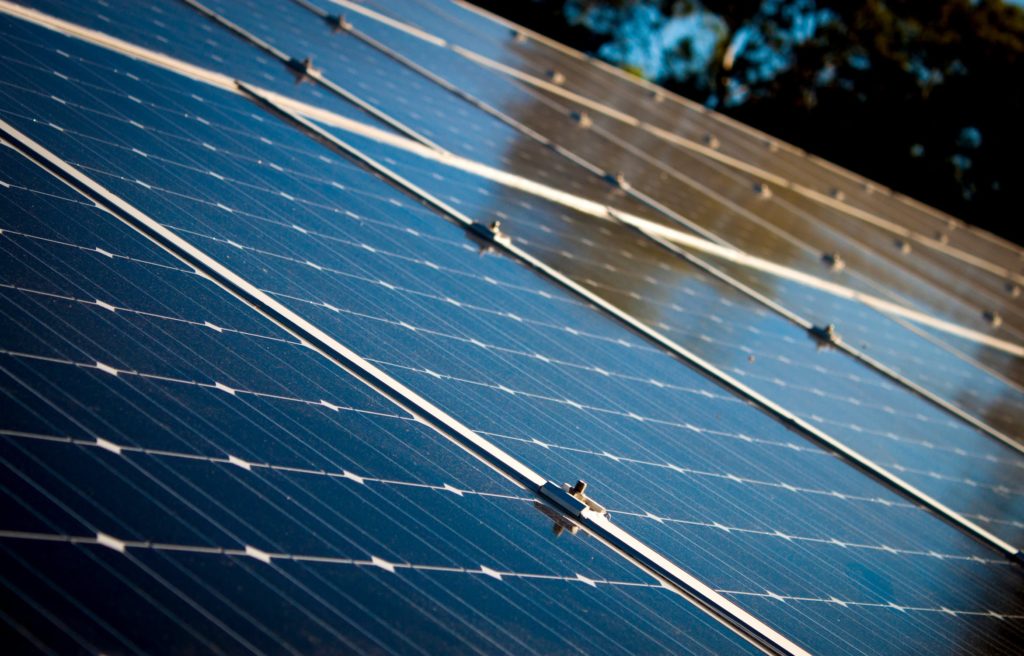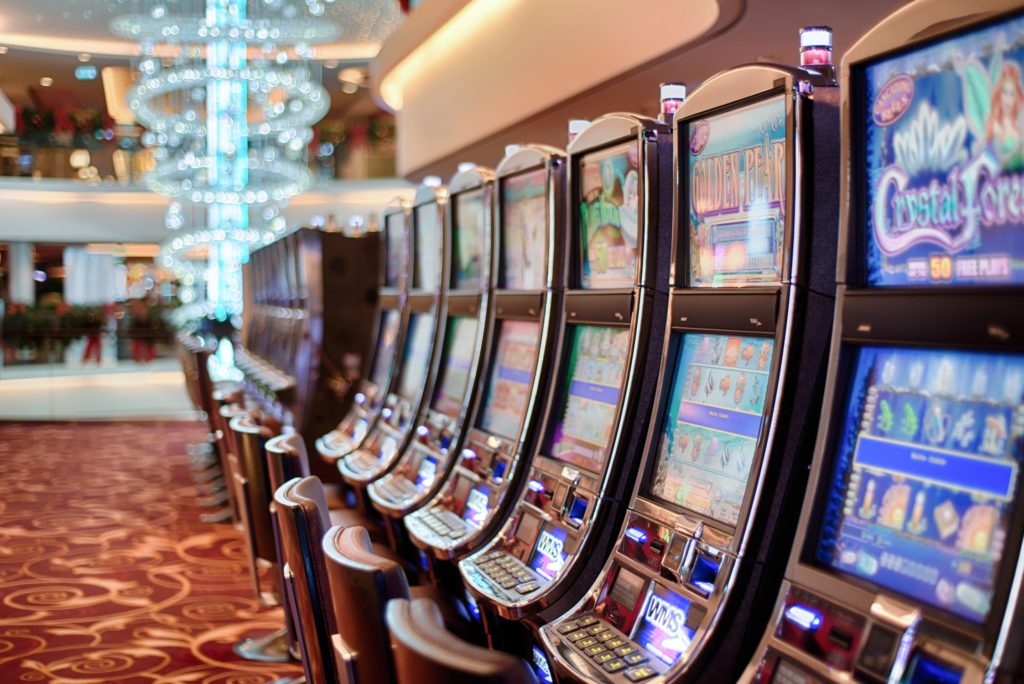Solar energy and renewable energy is the way toward the future. Already cities are committing to become entirely carbon-neutral in just a few short decades. Not only are cities moving towards a greener future, but consumers are too. Zero-waste and sustainability are two of the most popular buzzwords amongst consumers today, with many asking their brands and demanding them to do better in terms of plastic packaging and ethical and sustainable production. Another way that consumers and businesses alike can do better for the earth and their own budgets is to invest in renewable energy, such as solar panels. CGS Solar Panels Central Coast specialists state that not only can you help the earth, but you can also minimize if not completely eradicate your energy bills well into the future with modern solar panels systems having a lifespan of 25-30 years.
With that in mind, there are different types of solar panels, and knowing what they are and what their advantages and disadvantages are can help you make the right choice moving forward:
1. Monocrystalline Solar Panels
Also known as Mono-SI, these panels have an efficiency rating of at least 20%, and are optimized for commercial use and durability, meaning they will last a long time. They are, however, expensive, which means that a proper investment will be needed.
2. Polycrystalline Solar Panels
Also known as p-Si, these panels boast an efficiency rating of 15%. They cost less than Mono-SI, but they are also more sensitive to high temperatures, and therefore have a lower lifespan.
3. Thin-Film: Amorphous Silicon Solar Panels
Also known as A-SI, these solar panels have a 7-10% efficiency rating, though they are very affordable and easy to produce. They are also flexible, making them more ideal for rooftops and home use. The only downside is their shorter lifespan and shorter warranties.
4. Concentrated PV Cell
Also known as CVP, this professional solar panel has a 41% efficiency rating. It does, however, require a solar tracker and cooling system, meaning it costs more and requires ample space.
The right type of solar panel you need for your property will depend on where you live and the size of your property. If you live on a farm closer to the equator, for example, investing in concentrated PV cells could be the best option for you, as they are highly efficient but require extra space to track the sun. If you want to reduce your own property’s energy usage, then some of the cheaper options can be more suitable. Regardless of which solar panels you want to install, you will need a professional solar panel installation to get the job done right. Solar panels are not the cheapest items on the market, which is why you want the job done right the first time.
You also want to check if your property is a good fit for solar panels. If you live next to a large apartment building, for example, and that building blocks out most of the day’s sun then installing solar energy might not be ideal. If, however, your property gets a lot of sunlight day after day, solar panels can be the ideal situation to invest in your property for the future.



